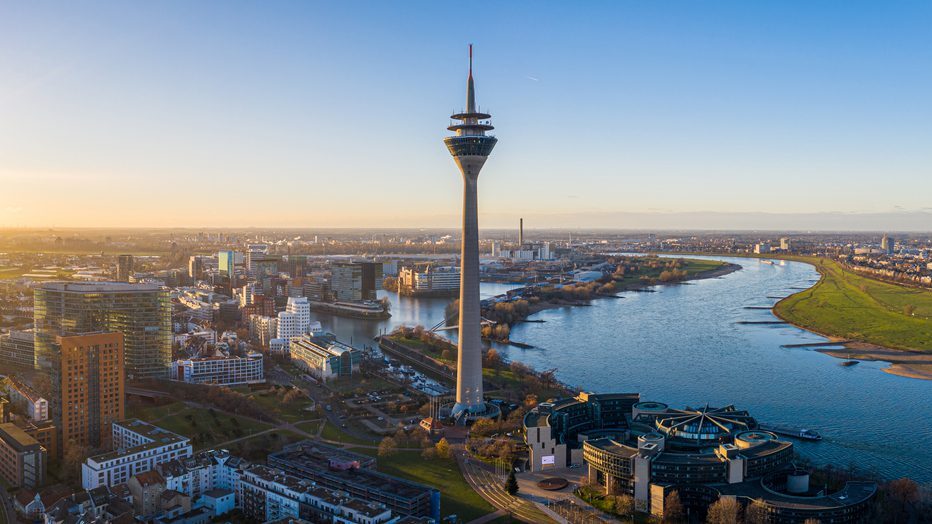
Düsseldorf
Germany’s Green party, a member of the ruling traffic light coalition, and Islamic associations across the country have hailed the inauguration of the first Arabic-language street sign in the western city of Düsseldorf, calling it a “symbolic sign of social inclusion.”
The unveiling of the street sign, which took place on Thursday, March 16th, and was reported by the state-funded broadcaster Westdeutscher Rundfunk Köln (WDR), has had a polarizing affect German society and prompted intense debate online, so much so that the public news outlet disabled its comment section under its story.
Aiman Mazyek, the chairman of the Central Council of Muslims in Germany, extolled the new signs in a Twitter post, writing: “It is the first street sign in Arabic in Germany. This multilingualism is common practice in many countries around the world. [Through this] Düsseldorf shows “diversity” and shows respect for immigrant Germans.”
Erstmalig Straßenschild in 🇩🇪 auf Arabisch; mehrsprachig (wie es vielen Ländern der Erde gang und gäbe ist); #Düsseldorf zeigt Vielfalt und zollt eingewanderten Deutschen Respekt pic.twitter.com/6fwL31COTb
— Aiman A. Mazyek (@aimanMazyek) March 17, 2023
Lauding the street sign’s inauguration, local councilor Samy Charchira (Greens) referred to it as a “symbolic expression of social inclusion” that helps foreigners to “identify with their district and the diversity within it.”
The Moroccan-born Green politician, an integration policy spokesman for the Oberbilk council, then claimed that the “more people identify with their district”—presumably in an ethnic, cultural, and linguistic sense—“the more social responsibility they can and will take on.”
The street sign, which now says “Ellerstrasse” in Arabic script, is situated in the Oberbilk—a district of Düsseldorf populated by many people with non-German roots, especially those from North Africa, and more particularly Morocco.
“Many people, families, and tradespeople with a Moroccan and Maghreb background have lived in Oberbilk for several generations—a colorful and diverse district, through and through. The people who live there helped build our country,” Dietmar Wolf, the Green councilor and 2nd deputy district mayor of the 3rd district, said.
“For this reason, they deserve respect, respect and representation. I am pleased that the district council set an example with the two additional signs,” he added.
A further ten bilingual signs—across Düsseldorf’s ten districts—have been planned by the city’s integration council to reflect its ‘international flair.’ Some will be written in Arabic, others in Cyrillic characters, according to a report by the Rheinischer Post.
“This would reflect the diversity of the place and make Düsseldorf visible as an international city,” Pavle Madzirov (CDU), a member of the Düsseldorf Integration Council, said last May when the policy was voted on.
